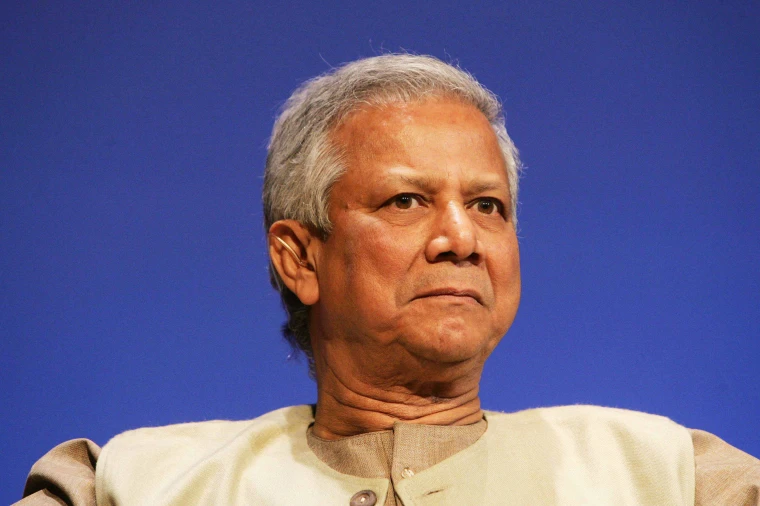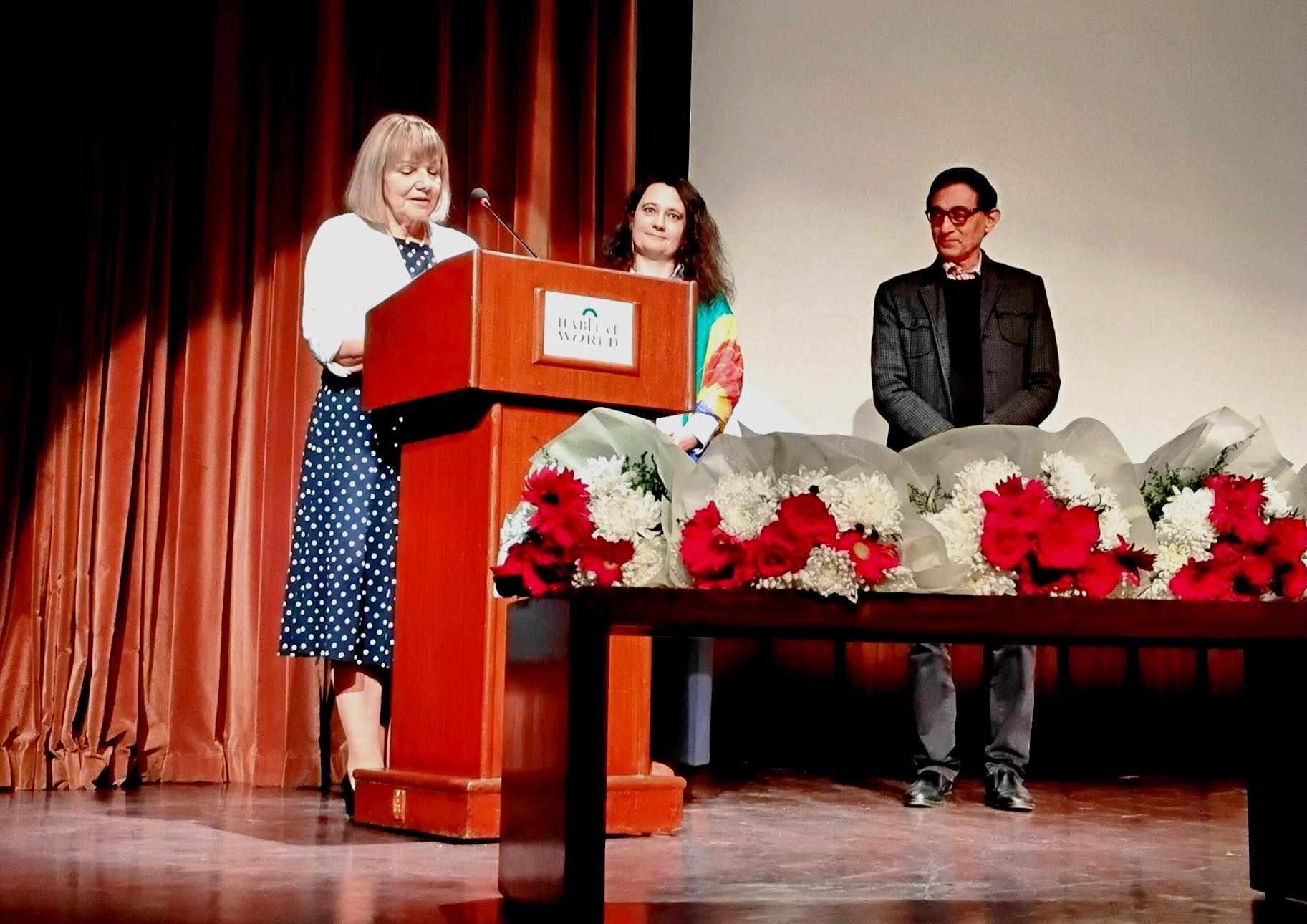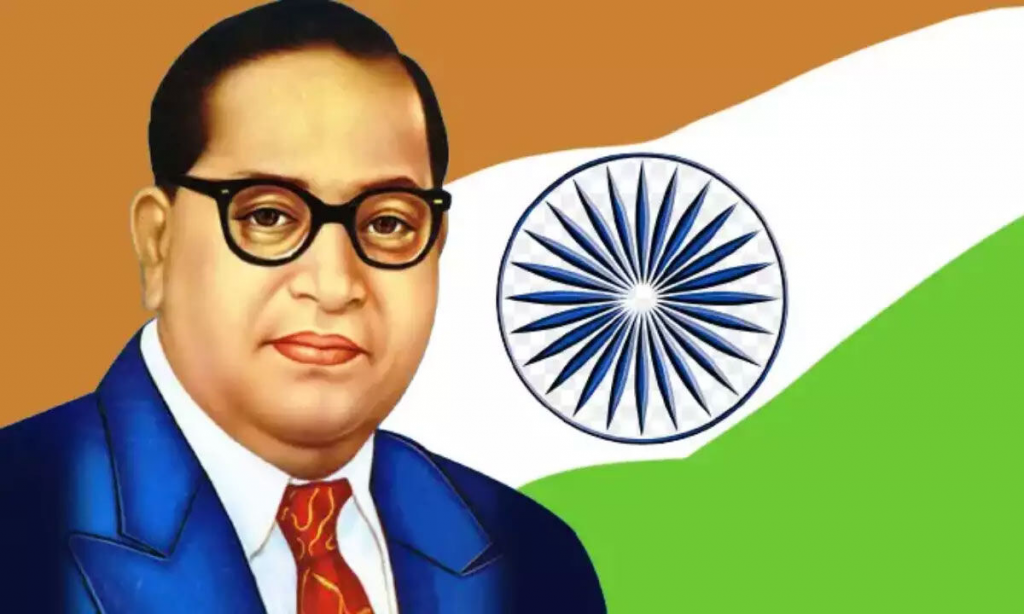New Delhi: The Kinoteka Polish Film Festival 2024 opened to an enthusiastic audience on December 16 at the India Habitat Centre, New Delhi, marking the beginning of a three-day cinematic journey into the vibrant world of Polish biographical cinema. Organized by the Polish Institute in New Delhi, this year’s festival celebrates remarkable Polish lives through films that explore themes of personal resilience, societal struggles, and enduring legacies.
The festival’s opening night commenced with the screening of Simona Kossak (2024), directed by Adrian Panek. This evocative biographical drama delves into the life of ecologist Simona Kossak, highlighting her passionate advocacy for nature and ecological conservation. The film’s gripping narrative and timely themes captivated the audience, setting the tone for the festival.
The event began with a warm welcome by Małgorzata Wejsis-Gołębiak, Director of the Polish Institute in New Delhi, who addressed the audience, emphasizing the importance of cultural exchange and the role of cinema in fostering global understanding. She remarked that through the films, they are not only celebrating Polish history and culture but are also creating opportunities for dialogue and connection between Poland and India. She also commended the efforts of Dr. Magdalena Filipczuk, Deputy Director, Polish Institute in New Delhi for her efforts in bringing the festival together.
The opening day also featured discussions on the profound influence of Polish cinema, which has been shaped by legendary filmmakers such as Andrzej Wajda, Krzysztof Kieslowski, and Wojciech Has, as well as contemporary voices. The audience was introduced to the festival’s thematic focus on biographical storytelling, with other films such as Kulej. All That Glitters Isn’t Gold (2024) and My Nikifor (2004) scheduled for the following days.
Kulej. All That Glitters Isn’t Gold is set to explore the life of boxing legend Jerzy Kulej, while Krzysztof Krauze’s My Nikifor, an internationally acclaimed classic, offers a tender portrayal of the self-taught artist Nikifor Krynicki.
With its compelling stories and intimate portrayals, the festival has already made a strong impression on New Delhi audiences. The Kinoteka Polish Film Festival 2024 promises to continue its celebration of Polish cinema and cultural heritage over the next two days, offering an inspiring exploration of lives that continue to resonate across borders.







